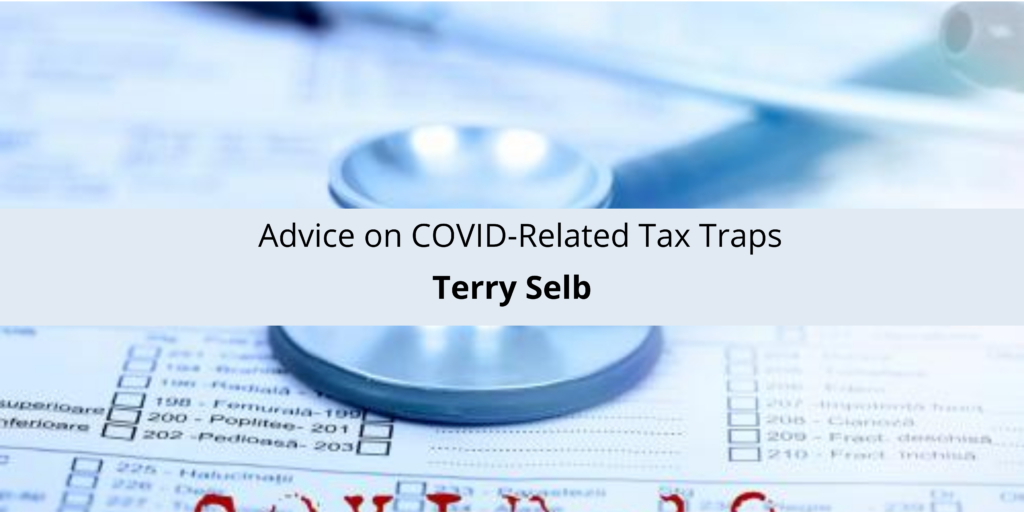The Final Expense: Can You Claim Cremation on Taxes?


Tax season is when individuals and families seek opportunities to reduce their tax liability by claiming deductions and credits. While many tax deductions are well-known, some lesser-discussed expenses, like cremation costs, may leave taxpayers wondering if they can find any relief. In this article, we’ll explore whether you can claim cremation on taxes and the circumstances under which such deductions might be possible.
Understanding Tax Deductions
Before delving into the specifics of cremation expenses, it’s essential to grasp the concept of tax deductions. Tax deductions are expenses taxpayers can subtract from their taxable income to reduce their overall tax liability.
Itemized deductions, which include expenses like medical costs, mortgage interest, and charitable contributions, require individuals to keep detailed records and provide evidence of their expenditures to claim deductions.
Medical Expense Deductions
Medical expenses are one category of itemized deductions that might include cremation costs. However, there are specific criteria and limitations when claiming these deductions.
For cremation expenses to be deductible as medical expenses, they must meet the following conditions:
1. Qualifying Expenses: Cremation expenses can be deducted if considered “qualifying medical expenses.” These expenses must be primarily for preventing, diagnosing, or treating a medical condition, including funeral and burial costs.
2. Excess of Threshold: Medical expenses are only deductible if they exceed a certain threshold. As of the last update to the tax code in 2021, taxpayers can deduct qualified medical expenses that exceed 7.5% of their adjusted gross income (AGI).
3. Documentation: To claim cremation expenses, you must maintain detailed records of the expenses, including receipts, invoices, and documentation that establishes the medical necessity of the cremation.
Qualified Funeral Expenses
While cremation expenses can be considered part of qualified medical expenses, they can also fall under another category: qualified funeral expenses. Qualified funeral expenses are deductible as part of a decedent’s estate when filing an estate tax return.
However, it’s essential to note that the threshold for deducting qualified funeral expenses differs from medical expenses. These expenses are generally deductible to the extent that they exceed 100% of the decedent’s gross income at the time of death. Additionally, they can only be claimed on the decedent’s final income tax return or an estate tax return, not an individual’s.
State and Local Regulations
It’s crucial to know that state and local regulations regarding deductions for cremation expenses can vary. Some states may allow certain deductions or credits for funeral and cremation expenses, while others may not.
Additionally, the rules and limits can change over time, so it’s advisable to consult with a tax professional or research your specific state’s tax laws to determine eligibility for such deductions.
Planning Ahead
Given the complexities and limitations surrounding deductions for cremation expenses, planning and considering your options is wise. Suppose you have concerns about potential cremation costs and their impact on your taxes. In that case, you may wish to explore prepaid funeral or burial arrangements or investigate insurance policies designed to cover funeral expenses.
The deductibility of cremation expenses on your taxes depends on various factors, including whether they qualify as medical expenses or as part of qualified funeral expenses. It’s essential to adhere to IRS guidelines, maintain meticulous records, and consider your circumstances when determining eligibility for these deductions. They can provide guidance tailored to your situation and help you make informed decisions regarding your tax deductions and financial planning for end-of-life expenses.
